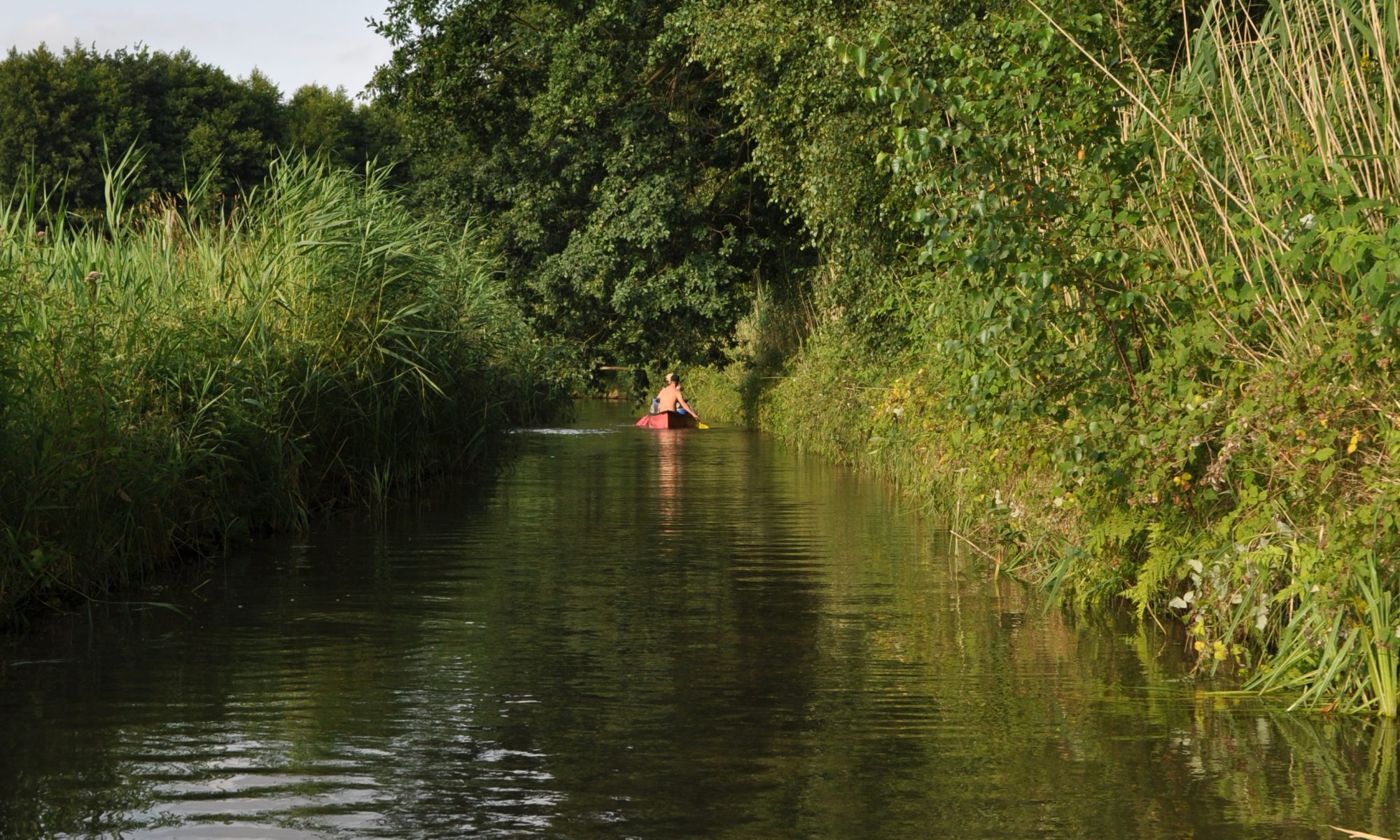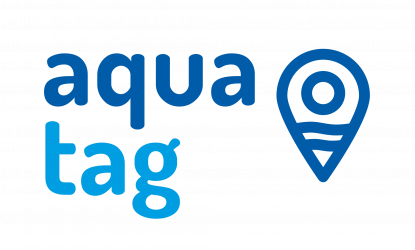Malwina Schafft, Bejamin Wegner, Nora Meyer, Christian Wolter and Robert Arlinghaus
Abstract
Human presence at water bodies can have a range of ecological impacts, creating trade-offs between recreation as an ecosystem service and conservation. Conservation policies could be improved by relying on robust knowledge about the relative ecological impacts of water-based recreation. We present the first global synthesis on recreation ecology in aquatic ecosystems, differentiating the ecological impacts of shore use, (shoreline) angling, swimming and boating. Impacts were assessed at three levels of biological organization (individuals, populations and communities) for several taxa. We screened over 13 000 articles and identified 94 suitable studies that met the inclusion criteria, providing 701 effect sizes. Impacts of boating and shore use resulted in consistently negative, significant ecological impacts across all levels of biological organization. The results were less consistent for angling and swimming. The strongest negative effects were observed in invertebrates and plants. Recreational impacts on birds were most pronounced at the individual level, but not significant at the community level. Due to publication bias and knowledge gaps generalizations of the ecological impacts of aquatic recreation are challenging. Impacts depend less on the form of recreation. Thus, selectively constraining specific types of recreation may have little conservation value, as long as other forms of water-based recreation continue.

